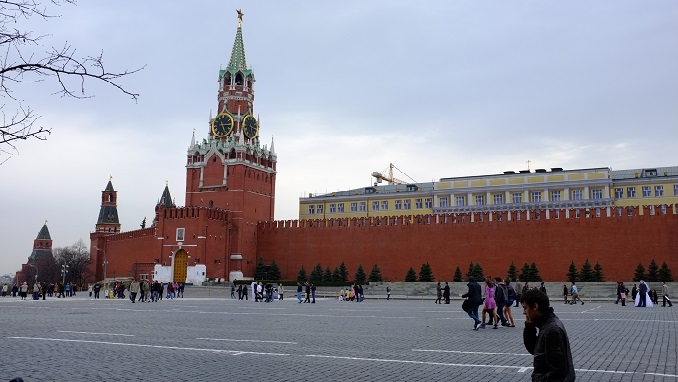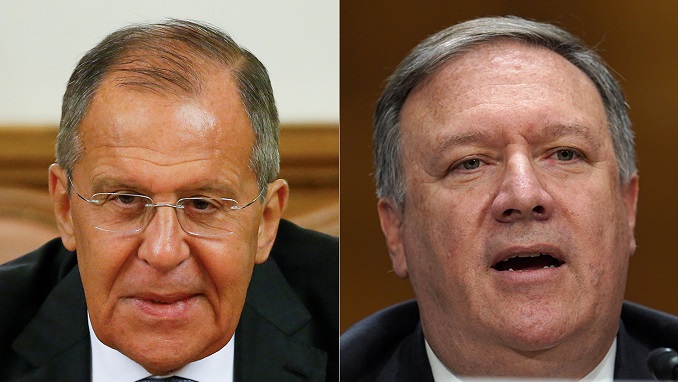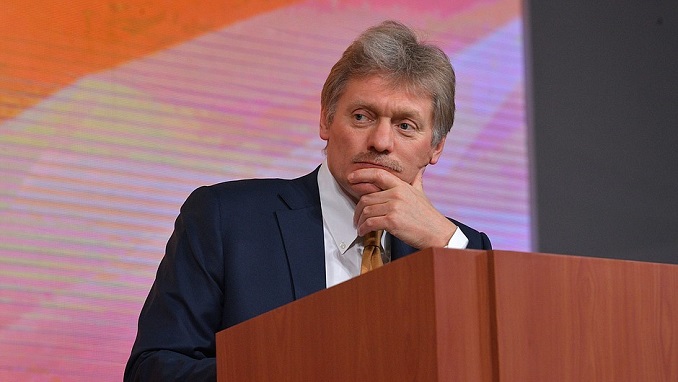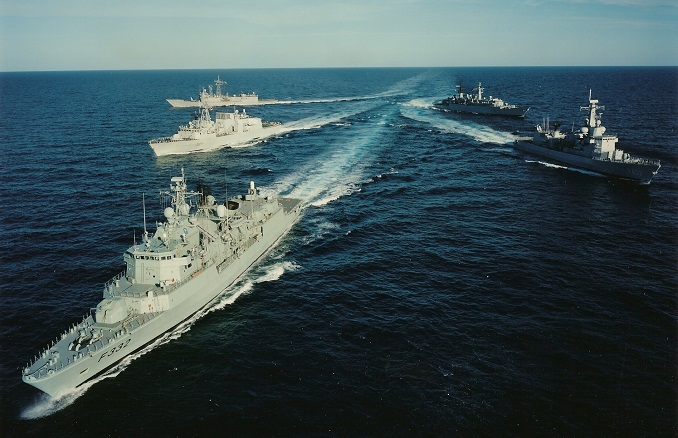By Vladislav Inozemtsev
Yet another year ends with Russians poorer and worse off than before, as both disposable incomes and the standard of living have fallen, said Vladislav Inozemtsev in his opinion for VTimes.
As 2021 rolls in, Russians’ real incomes are 14.3% lower than they were in 2013 — a year this author once predicted would serve as a benchmark for future comparisons, just as 1913 was a century before.
In fact, GDP fell by 3.8% in 2020, meaning that the economy grew at an average pace of just 0.3% annually over the past seven years according to recent data from the Ministry of Economic Development.
At the same time, the cost of essential goods has risen markedly, eliciting consternation among the people and an awkward and a clumsy response from the authorities.
This begs the question: Will the worsening economic outlook for millions of Russians translate into political protest?
Not the Soviet Union
The current situation reminds many observers of the final years of the Soviet era, when economic difficulties led people to feel they “couldn’t live like this anymore,” thereby triggering the subsequent changes.
Even President Vladimir Putin drew a similar parallel recently, saying, “The Soviet Union had everything, but there was not enough for everyone. Back then, the problem was due to a shortage, but now it could be because people do not have enough money to buy certain products at the prices we see on the market.”
It seems that most independent liberal experts agree with this assessment and see a societal backlash to these economic hardships as inevitable.
For at least a decade I have been saying that the current system will not collapse before the late 2020s, when the problem of orchestrating a transition of power becomes acute, and so hopes that the current economic problems will destabilize the ruling regime mistakenly ignore the fundamental difference between the late Soviet era and today’s realities.
A failed system
In the 1980s, Soviet citizens felt like hostages to a system from which they were powerless to escape — a handful of dissidents and emigrants notwithstanding.
Perestroika took on existential significance because so many Soviets of every stripe felt the time had come to destroy the existing system. After all, you must first break open the cage before deciding who will go where and do what. And that is exactly what happened.
By then, the Soviet people had realized that successful societies do not prohibit their citizens from traveling abroad, limit and censor the flow of information, suffer from chronic shortages of basic consumer goods and deny their people a voice in the country’s politics. They understood that any country capable only of pumping oil out of the ground and wasting that money on an arms race had no future.
The Russia of the 2000s and 2010s is a completely different phenomenon. The cage has been shattered, the borders are open and there is more freedom of speech than in Soviet times. Millions of Russians have benefited from the appearance of property rights and a market economy — albeit imperfect — is up and running. The deficit has been eliminated and the mechanisms for influencing politics are in place — although currently non-functioning.
All this has so changed the system that, whereas before, when a person walked into the store and found only empty shelves, they blamed the system, but now, when they walk into a store chock full of consumer goods but cannot afford to buy them, they blame themself. This is even truer when they admit that other people no more capable or intelligent have somehow adapted to this system and prospered.
I versus we
Although the Soviet Union might not have been a true collective society, citizens were raised on the ideals of collectivism and historical myths about collective deeds.
In contrast, modern Russian society evolved under the influence of liberal ideas of individualism, and today’s opponents of the Kremlin idealize the priority of the individual. Even if they mean that the individual takes precedence over the state, it is still essentially an “I over we” philosophy.
In such a situation, one naturally seeks what German sociologist Ulrich Beck called “the biographical resolution of systemic contradictions.” This approach was impossible in the Soviet era, but it is the only realistic one today.
Accordingly, economic problems affect people differently. In Soviet times, everyone knew that the store shelves were empty but that members of the nomenclature had ways of getting whatever they wanted.
Today, there is economic abundance, even while a huge segment of the population earns salaries so miniscule that even Putin refuses to believe they could be so small. Thus, the “abstract” decline in incomes might directly affect some but not seem like a cause of concern for others. And, whereas Soviet society was economically homogeneous, today’s Russians have very different interests and needs.
Many people are striving to do something to improve their financial situations, but few are willing to fight to change the system as a whole. What’s more, in order to earn more money, people are often forced to go along with the system by following its rules, thus indirectly reinforcing it.
A severed frog’s leg
While worsening economic conditions seem at first to place added pressure on all of society at once, some people feel that pressure more than others, making a collective rebellion unlikely.
There is another important point here: Soviet society’s isolation from the world left the authorities alone with the population, making it impossible for them to blame the country’s problems on external forces or circumstances.
Now, however, if you believe the official rhetoric, all problems are due to some impersonal phenomenon beyond Russia’s borders — falling oil prices, the global financial crisis, Western sanctions, the pandemic. This makes it more difficult for people to focus their indignation on Russia’s leaders. After all, objecting to lower oil prices is as pointless as complaining that the sun sets too early in December.
The results of this shift are very revealing. Whereas economic demands were a key factor in protests in the late 1980s and early 1990s, almost nobody in any of the former Soviet republics even mentioned the subject after 1992-1994.
It turns out that the closer a society is to the European way of life, the more ready it is to mobilize in support of economic demands, and vice versa. Compare, for example, the tempestuous public reaction to French President Emmanuel Macron’s pension reform in 2019-2020 to the placid response over Putin’s pension reform in 2018.
Post-Soviet societies — as well as the efforts of those liberals who are now waiting in vain for new waves of protests to erupt — are too atomized to form a united front of struggle for economic demands.
Stolen elections, politicians who cheat people’s expectations, police brutality and the persecution of popular public figures can still shake people out of their lethargy – but economic injustice no longer can.
Russian society has become like a severed frog’s leg — an electric current can make it twitch, but normal function will never be restored.
I would love to be wrong about this and to see a rebirth of protests motivated by economic demands but there is nothing at this point to suggest that will happen.
Russia remains a poor country with huge wealth and inequality and in which intelligence and innovation play almost no role in building the country’s largest personal fortunes. What’s more, there is not even a hint of a left-wing movement calling for collective, rather than individual solutions to the country’s mounting problems.
This means the authorities won’t have to worry for many years about the decline in living standards. Simply uttering the usual platitudes will be enough to protect them from any unpleasant surprises.



